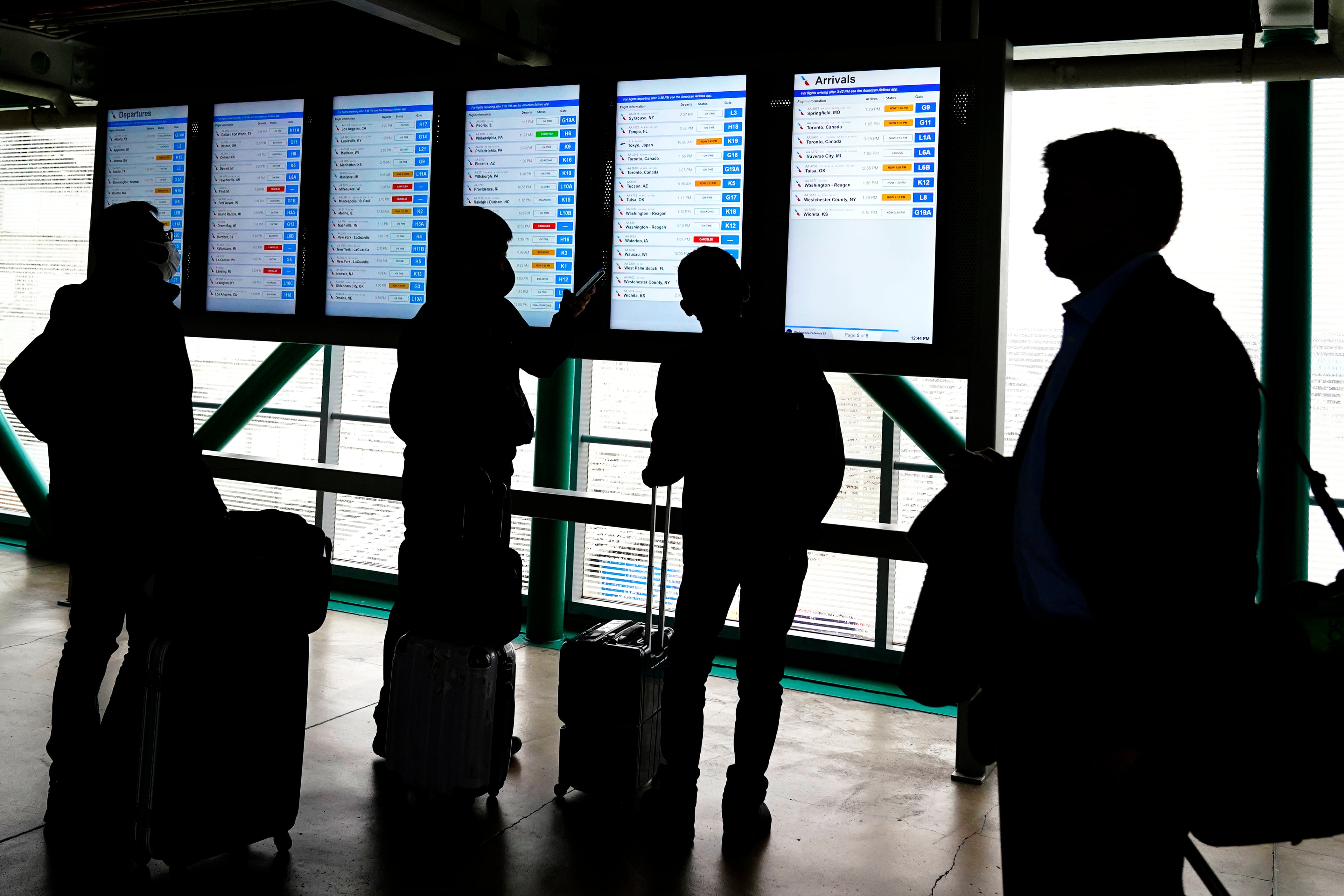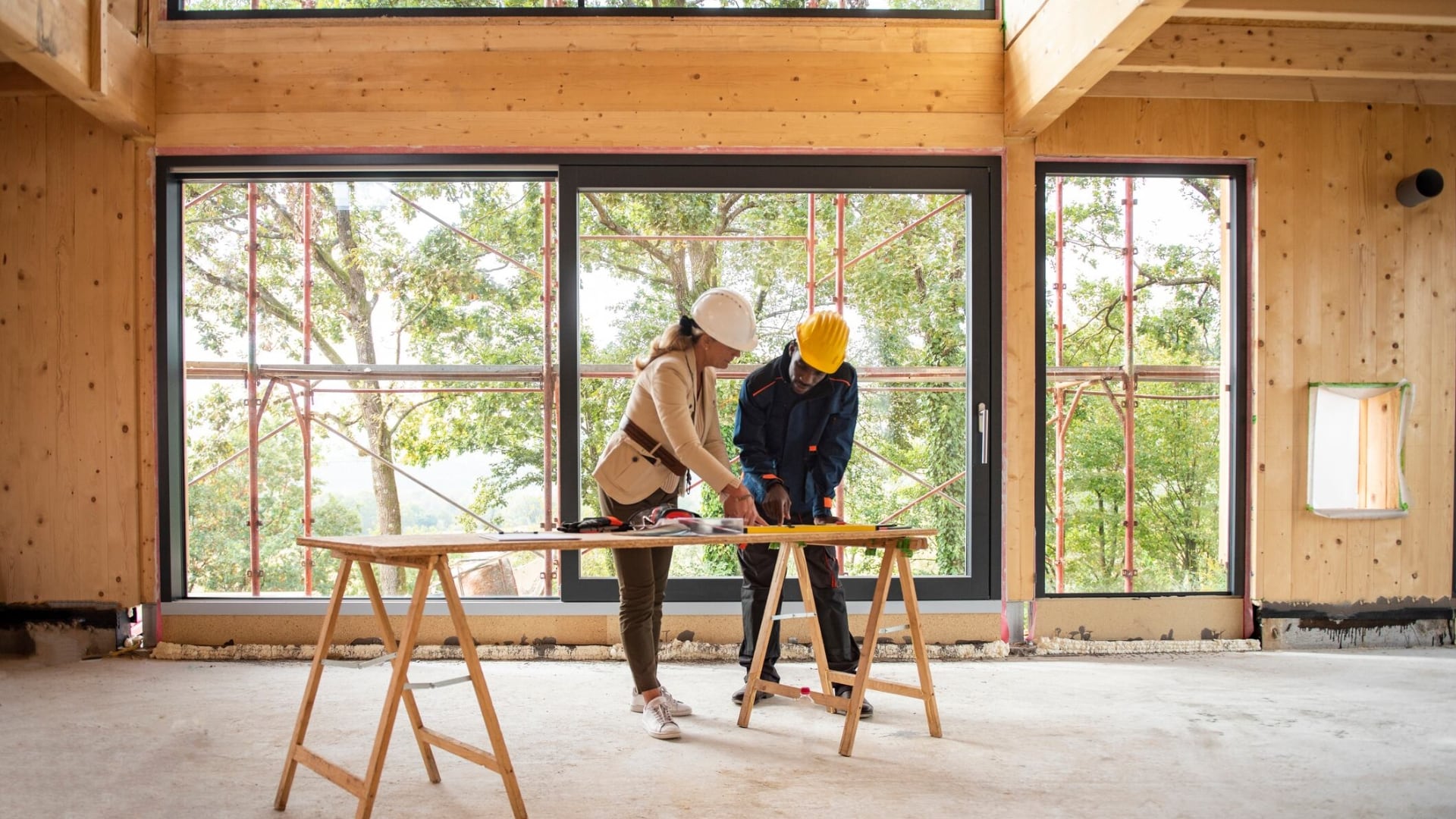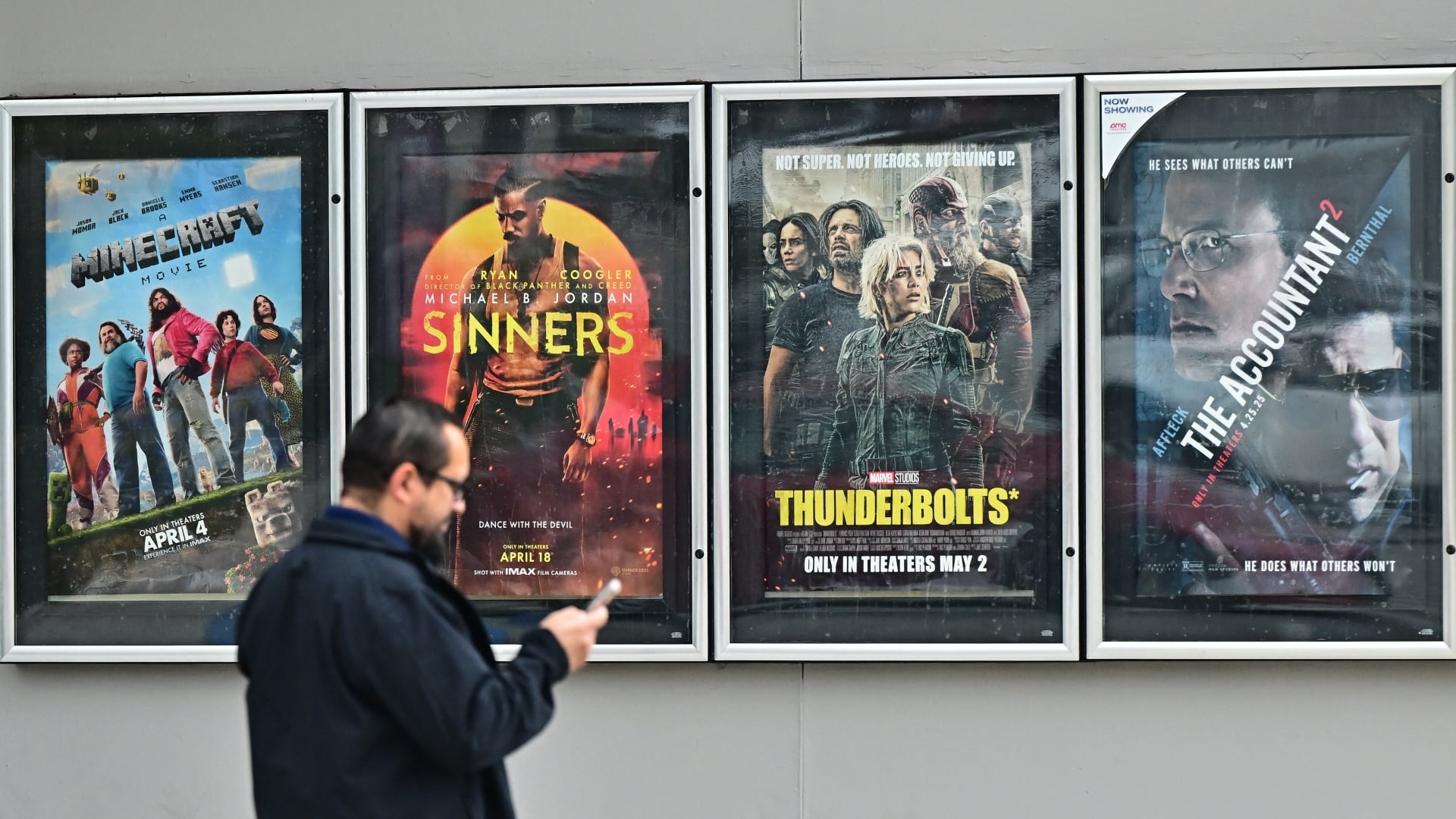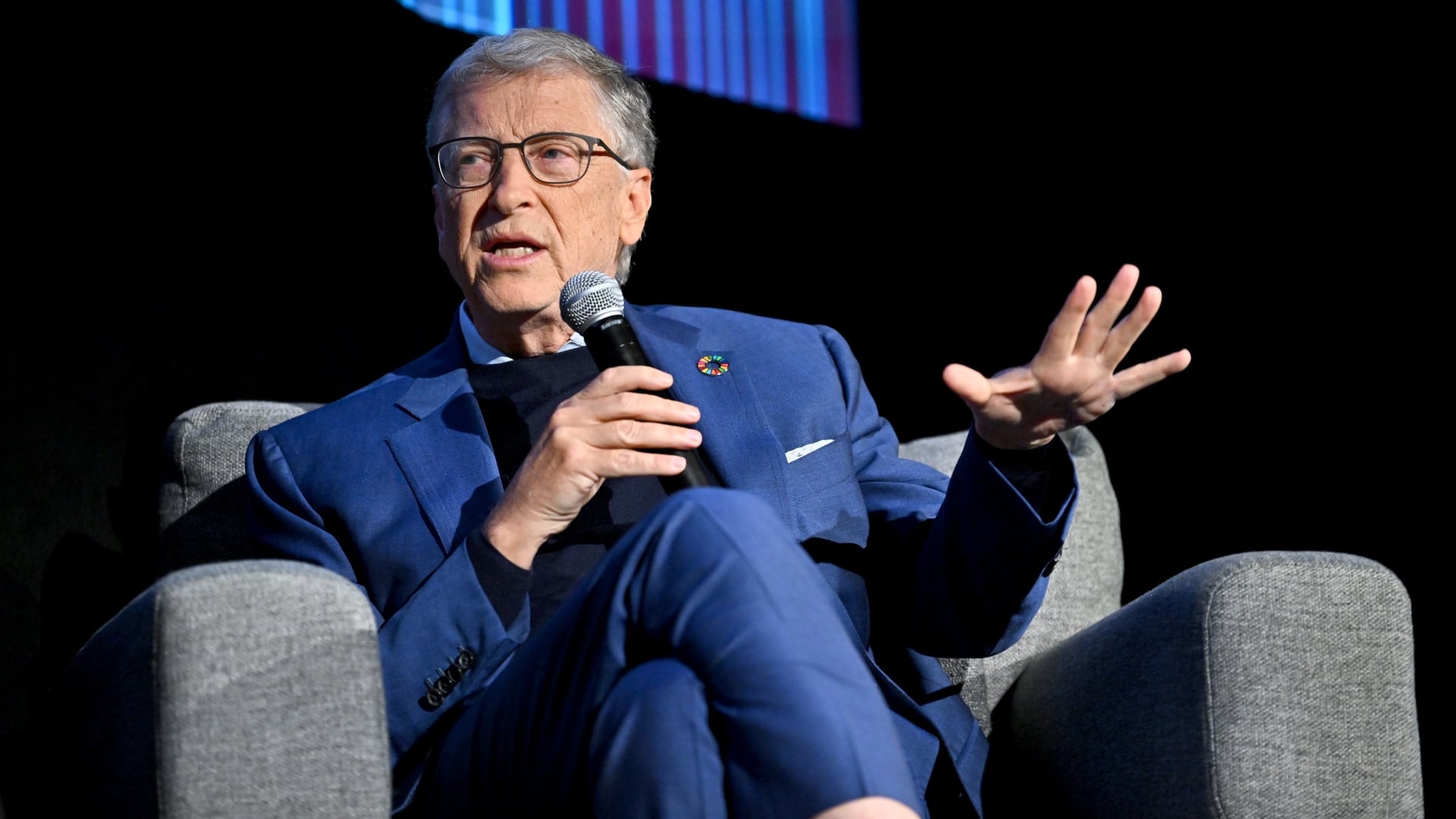*By Chloe Aiello* In the fight to save broadcast from cord cutters and big tech, television streamer Locast has an ambitious plan: increase and improve the data available to traditional broadcasters. Broadcasters are still relying on metrics from companies ー like standard-bearer Nielsen ー that are widely considered outdated. "What I'd like to be able to do is help broadcasters with their advertising, reaching the audiences that are online," Locast's chairman David Goodfriend told Cheddar Wednesday. "I think we could help broadcasters understand who's watching those advertisements and basically give that data to their ad sales team." The younger e-rivals of broadcast have deep stores of data to inform their advertising and programming decisions. And according to [eMarketer](https://www.emarketer.com/content/exodus-from-pay-tv-accelerates-despite-ott-partnerships), the number of cord-cutters will rise to 33 million this year. Locast is a translator station, meaning it takes a signal off the air and translates it for an internet stream. It streams major local broadcast stations for free over the internet in select cities, geofencing the signal to ensure streamers are local. Launched Jan. 11 in New York City, Locast has since spread to Boston, Mass., Chicago, Il., Dallas, Tex., Denver, Colo., and Houston, Tex. "If you want to cut the cord, you really don't have a good way of getting your local broadcast TV stations over the internet," Goodfriend said. By providing information about who is watching what and when, Goodfriend said Locast can help local broadcasters reach digital audiences and make more informed advertising decisions. Locast is far from the first to attempt this type of business model. Media technology company Aereo also experimented with streaming television over the internet, but went bankrupt in a blaze of lawsuits in 2014. Locast has, so far, managed to avoid a similar fate ー largely thanks to its status as a nonprofit. "The U.S. Copyright Act" of 1976 allows nonprofits and government organizations to transmit broadcast signals without permission or a license. Goodfriend said broadcasters have welcome the service with open arms. "The most interesting thing to me has been the warm reception we've gotten from a lot of broadcasters who are looking for ways to reach audiences online and for whatever reason feel hamstrung from doing so, and we are doing it as a nonprofit. They like it." For full interview [click here](https://cheddar.com/videos/the-non-profit-using-internet-to-change-tv-consumption).








